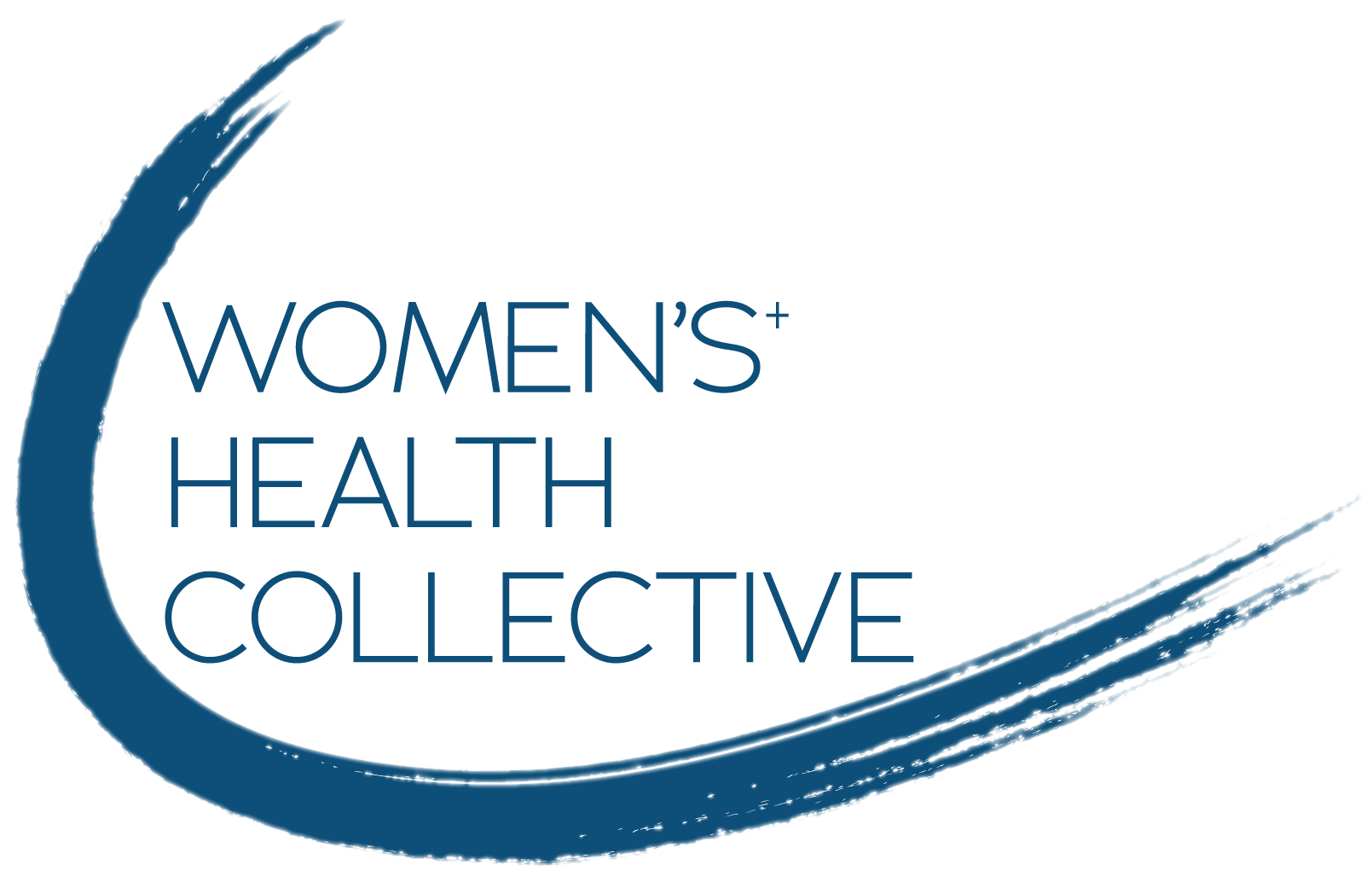In part 1 of this 2-part episode, Nisha McKenzie, speaks about the different types and stages of endometriosis, the disruptions to daily life caused by endometriosis, and what health care providers need to know about managing patients with endometriosis.
Read More“WHC offers services to help women at all stages of life and health to feel sexually empowered, from women recovering from cancer, experiencing vaginal pain upon penetration or struggling with arousal — all issues that may be not discussed in the typical OBGYN setting.”
Read More“I also began to recognize how women are left behind in medicine and in research, how the signs and symptoms we are taught to look for are the typical signs and symptoms we should see with the male version of the disease.”
Read More“We get it! Talking about spicing things up isn't always a natural conversation to have. However, communication (especially in this realm) is absolutely necessary.”
Read More“Women's Health Collective Affiliate Clinical Professor Nisha McKenzie joins TMS to discuss her new practice offering the community care that is both compassionate and evidence based, offering medical care in a way that makes people want to heal.”
Read More“Many women don’t realize what they experience, while common, is treatable. There are several factors that influence vaginal health, and these change throughout the lifespan. Much like metabolism, the vagina of a 17-year-old doesn’t work quite the same as the vagina of someone who is post-menopausal.“
Read More“While everyone experiences perimenopause a little differently, there are some classic symptoms. Hot flashes, night sweats, mood swings, and a decrease in sex drive due to vaginal dryness are a few, notes Nisha McKenzie PA-C, an AASECT Certified Sexuality Counselor at Grand Rapids OB/GYN”
Read More“Raging hormones. Bloating. Cramps that make your uterus feel like is falling out ... If periods are a natural part of life, could we at least agree that nature is criminal? From the first period of preteen puberty to the final pause of menopause—and every embarrassing leak, stain and story in between—what exactly is going on? And when do you know if something is wrong?”
Read More“I wish I knew the importance one voice could carry. Feeling small in this big world does no one any good. I have had the privilege of seeing and hearing the ripple effects my voice can create. “I’m just a PA” doesn’t cut it any more. My training and my practice has helped me realize I’m more than that and I can help women in ways I never imagined possible in the early years of my career.”
Read More“A six-inch abdominal incision, hormones for untimely menopause, a four-day hospital stay and an eight-week recovery. With a history of hysterectomies like that, no woman wants to hear she needs one. The hysterectomy of today, however, isn't your mother's hysterectomy of 20 or more years ago.”
Read More“…many have criticized both the FDA as well as supporters saying female sexual medicine is over-medicalized. While from a specific lens, this may ring somewhat true, here’s the problem with this theory. It implies that rather than having a medical issue contributing to sexuality, female sexual issues must be entirely psychological, or perhaps social, or even worse, that they just don’t matter.”
Read More“Do you have pain "down there?" Ugh. Is there anything worse? Not only does the location leave little to be desired, but who the heck can you talk to about it? According to a review published in Pain Physician in 2014, anywhere from 5.7 percent to 26.6 percent of women suffer from chronic pelvic pain. “
Read More“For years, monthly breast self-exams (BSEs) were touted as paramount to early breast cancer detection. So, why aren't we hearing much about them anymore?”
Read More“We at Grand Rapids OB/GYN are thrilled to share the announcement made by the FDA in August that the first medication for Female Hypoactive Sexual Desire Disorder (HSDD) has been approved!…First of all, while this medication has been called the "Female Viagra," it's important to know that it is nothing like Viagra.”
Read More“What is normal? What is healthy? Should I be concerned? According to the Mayo Clinic, persistent, recurrent problems with sexual response, desire, or orgasm—that distress you or strain your relationship with your partner—is recognized medically as female sexual dysfunction.”
Read More“It's the "S" word. The word we all think about, but few of us dare talk about. So many reasons exist for this, both socially and culturally. But when we really get down to it, what's stopping us? Regardless of the number or type of relationships we choose, there tends to be a fundamental need to involve sex in some way. So why are we afraid to bring it up?”
Read More


















